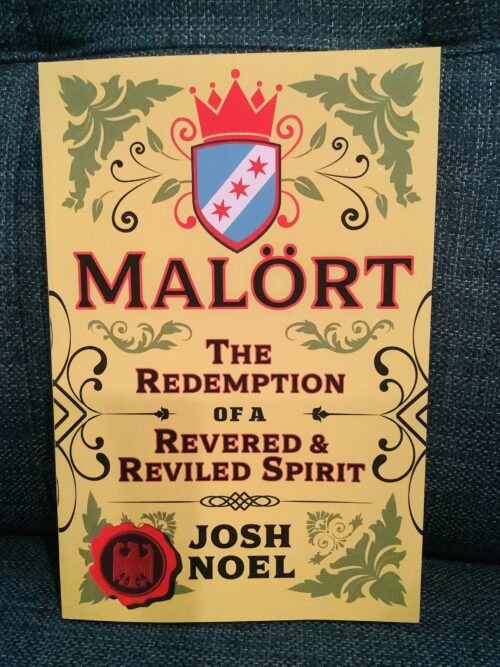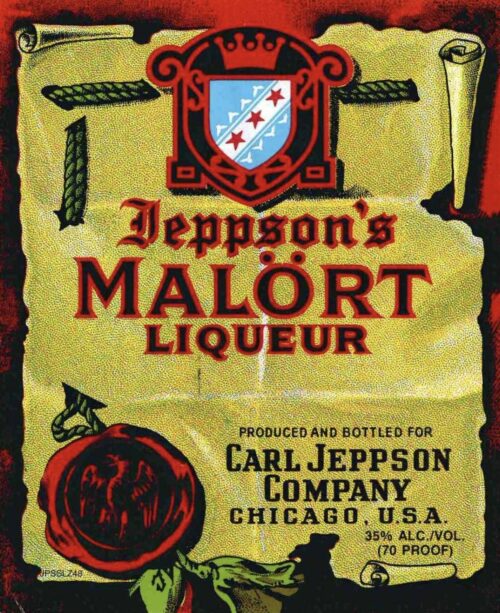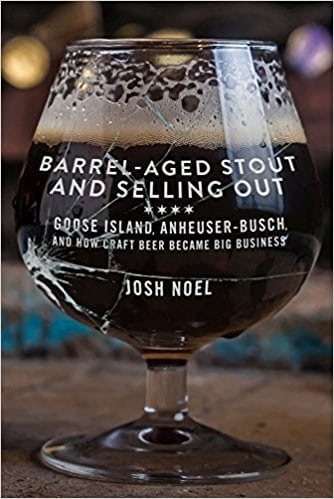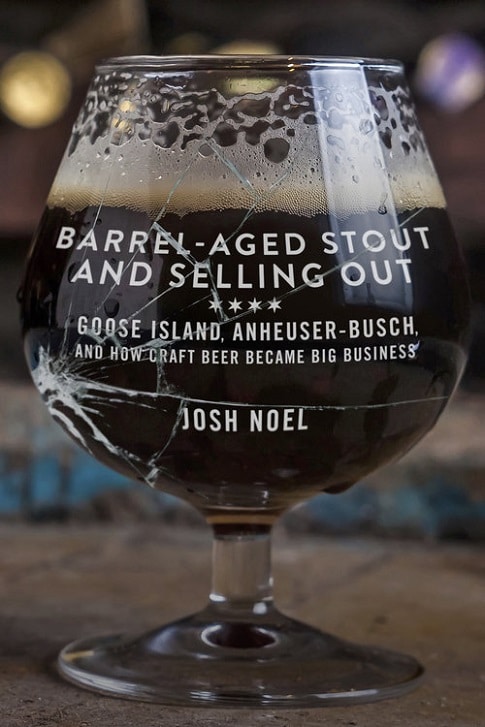Right off the bat, I have never had Jeppson’s Malört even once. And I probably don’t want to pay for a full bottle since the sub-title of Josh Noel’s book contains the word, reviled.
That said, The Redemption of a Revered and Reviled Spirit has me wanting a taste, at least.

Take away the whole taste of Malört angle or the whole spirits business angle and this is still a fascinating tale of people told in a fair and even-handed way while still showing the warts of people.
It starts with George Brode and Red Horse Liquors. Brode brought Malört into the portfolio and when that business went down, took it with him and for years ran it as a side-hustle while his legal practice paid the bills (and then some).
Brode had a secretary, Pat Gabelick, who he in true 1950’s style had an affair with while staying married to his wife. This is where the story goes in a whole different direction. Brode and before him, his wife, pass away and Gabelick inherits Malört. Brode was a steady hand but not one for growth and Gabelick is even less interested never really enjoying or even really tasting the product that she sort of lacklusterly runs.
Then Malört starts being cool and fans come in and volunteer to help and eventually catch the hipster wave. And there is more drama before the story reaches the here and now.
This is an entertaining tale that Noel takes us through clearly and at a pace that matches the rise of the drink. You learn about Chicago, cocktail culture and social media too.



